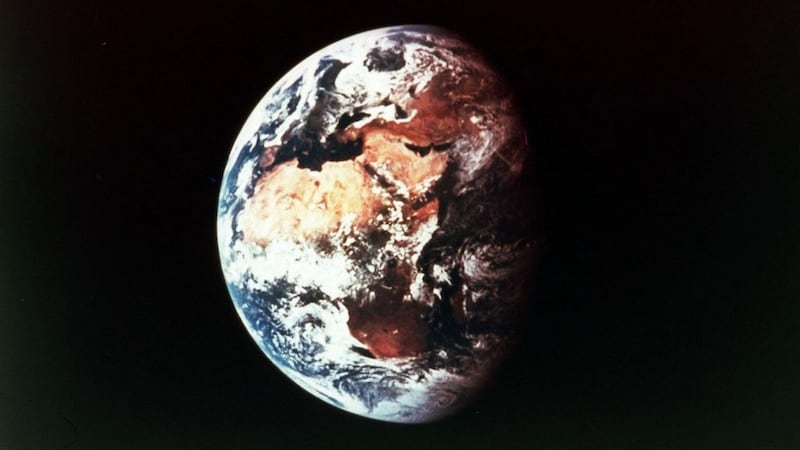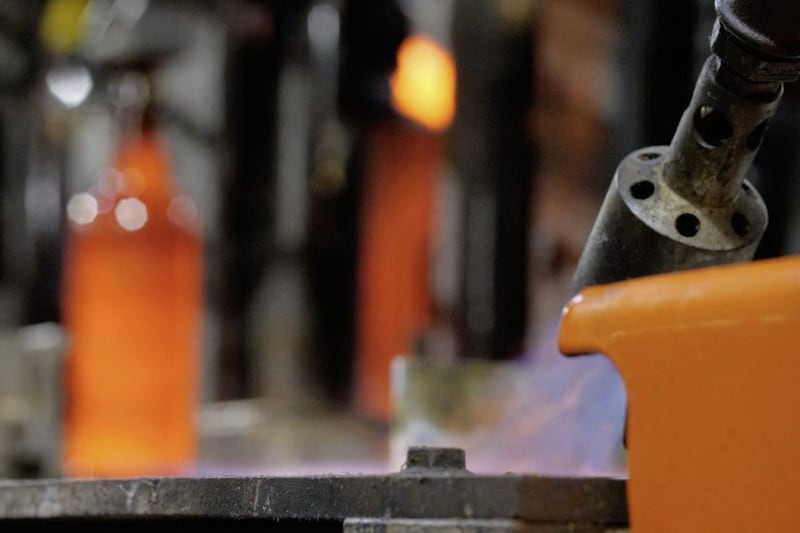THE former Quinn Glass business in Co Fermanagh, now named Encirc, is to partner with industry research and technology organisation Glass Futures to develop the world’s most environmentally friendly glass bottle.
Its Derrylin plant will be pioneering the use of bio-fuel on one of its furnaces in the first quarter of next year in a UK trial potentially pacing the way for an industry-wide reduction in carbon emissions.
Encirc, which last year had sales of more than £310 million,, has 1,500 employees at sites in Fermanagh, Cheshire and Corsico in Italy, producing three billion glass bottles and other containers a year.
Made from plant materials, bio-fuel is a renewable and more sustainable fuel source than those traditionally used by the glass sector, and is thought to be able to reduce carbon emissions by up to 90 per cent when compared to fossil fuels.
Alongside the trial, Encirc will be using up to 96 per cent recycled glass to create the new bottles, further reducing the carbon footprint of its products.
The world-first UK trial will feed into UK government's policy around decarbonisation and forms part of the Department for Business, Energy and Industrial Strategy's energy innovation programme, where Glass Futures is leading a £7.1m project to help determine the most effective route to switch the glass sector to low carbon fuels.
Fiacre O’Donnell, director of sustainability at Encirc’s parent company Vidrala, said: “Bio-fuel is one part of the decarbonisation puzzle, but an incredibly important and exciting one.
“We’re also looking into the development of hydrogen and advancements in electric melting to discover the future of glass production, and we’ve already seen a huge level of interest from beverage suppliers in attaining ultra-low-CO2.
“Glass is already a wonder material in terms of sustainability, able to be recycled a limitless number of times without losing any quality. By working with Glass Futures we can help pioneer the development of a bottle which will truly have no negative impact on the environment.”
Rob Turvey, sales & marketing director at Encirc, added: “This has never been attempted before and is a massively exciting innovation opportunity for us, our customers and their consumers.”








